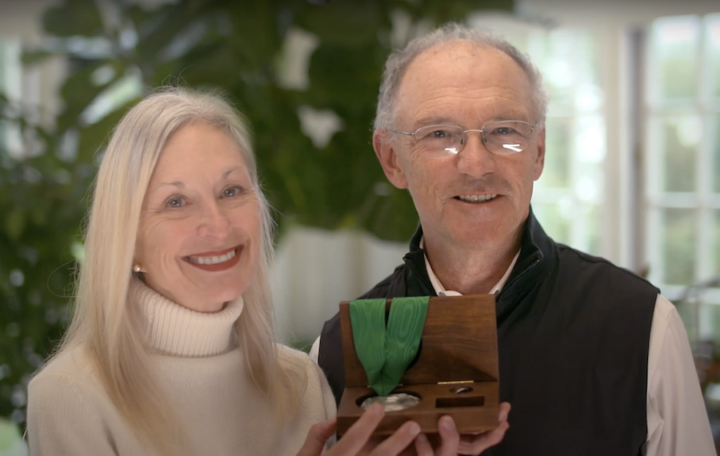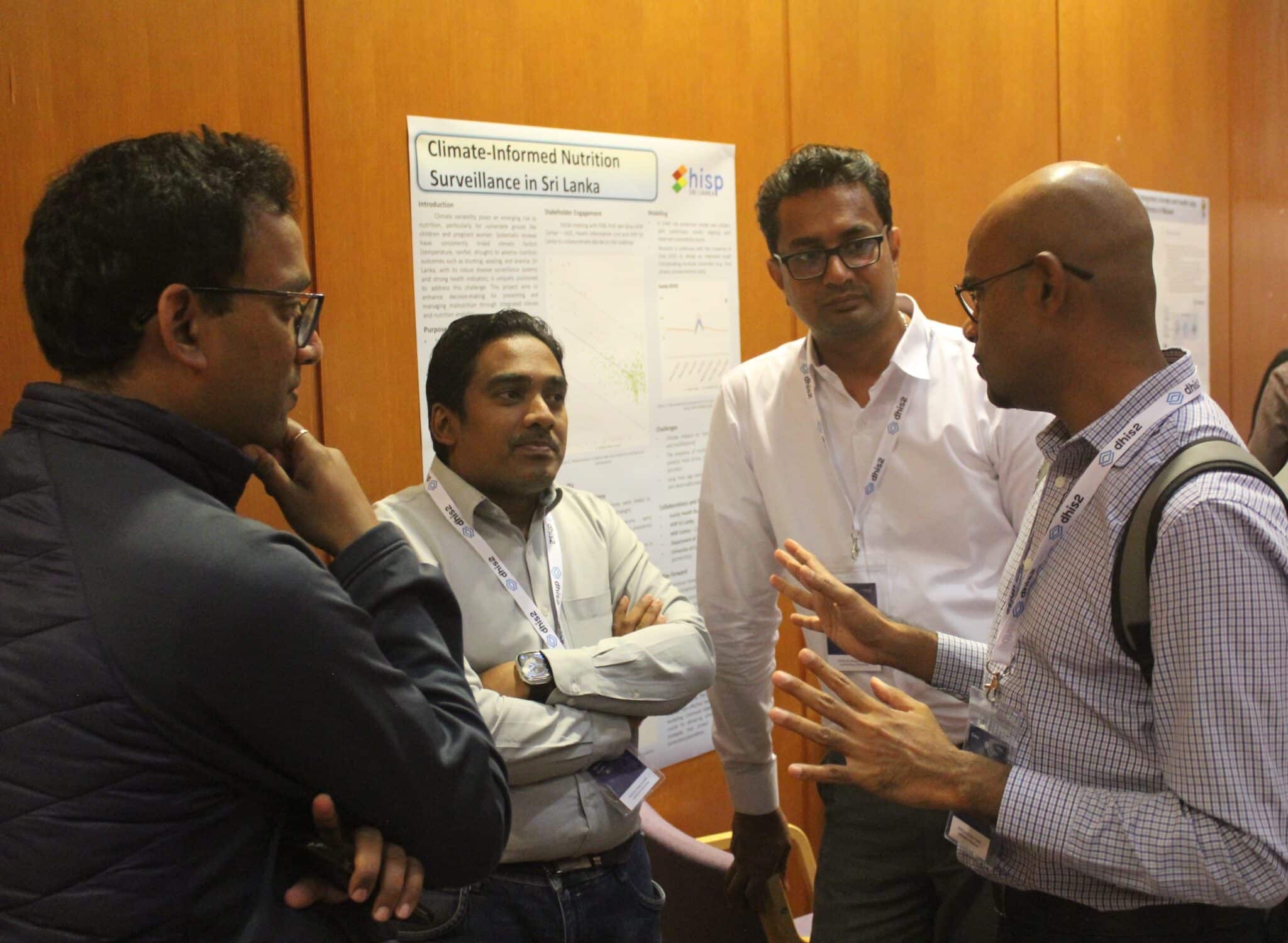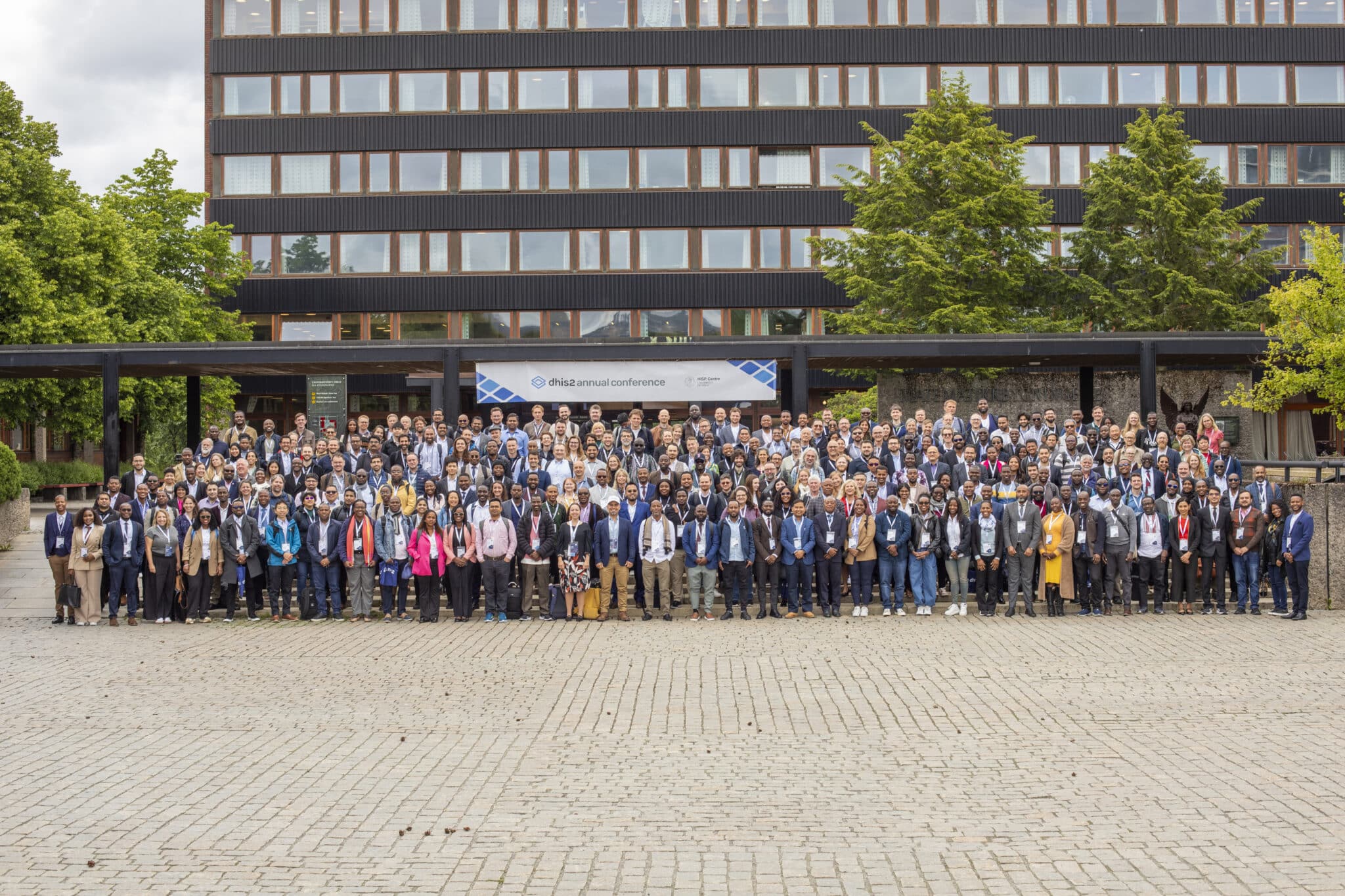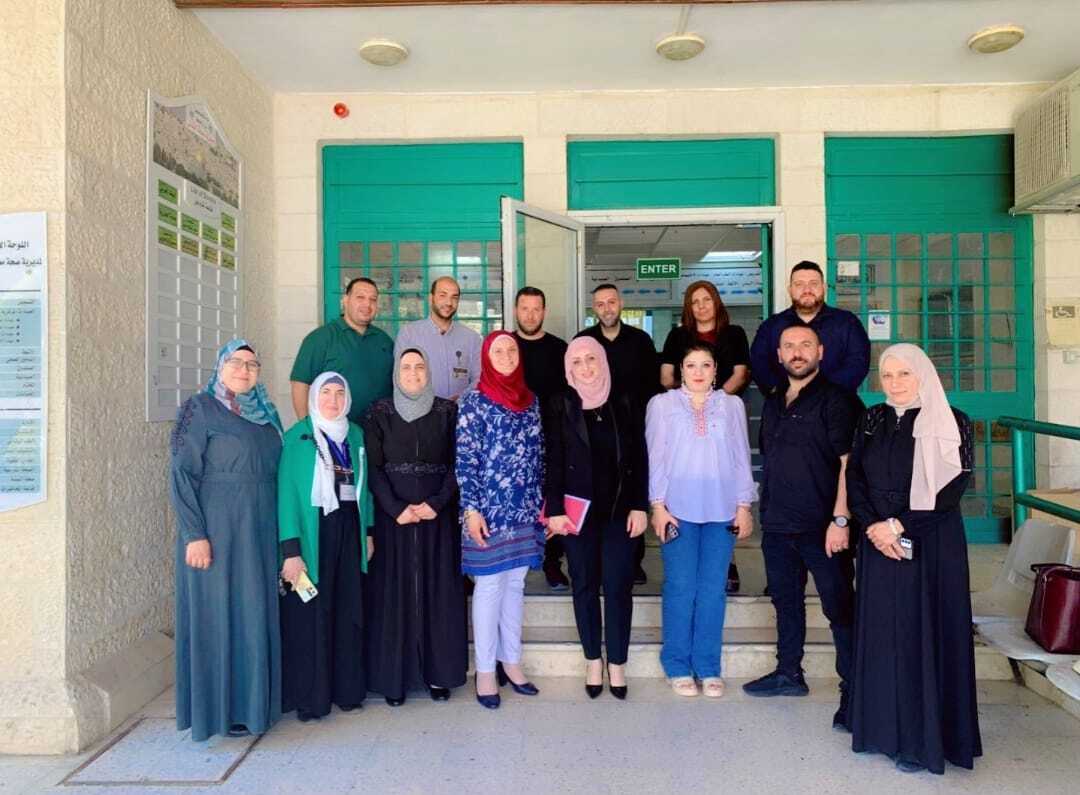Cette page a été traduite automatiquement et pourrait contenir des erreurs
Nouvelles DHIS2 : Le prix Roux décerné à Kristin et Jørn Braa
Les deux frères, qui sont tous deux professeurs à l’université d’Oslo, ont été récompensés pour des décennies de travail visant à transformer les données probantes en impact sur la santé grâce au DHIS2.
Kristin Braa et Jørn Braa ont reçu le prix Roux 2020, une récompense internationale pour avoir transformé des données probantes en impact sur la santé. Les deux frères sont tous deux professeurs à l’université d’Oslo (UiO), où ils participent au projet DHIS2 depuis des décennies.
Le prix Roux est administré par l’Institute for Health Metrics and Evaluation (IHME) de l’université de Washington et est financé par David Roux, membre fondateur du conseil d’administration, et son épouse, Barbara. Lancé en 2013, il s’agit du plus grand prix au monde récompensant les réalisations en matière de santé publique fondées sur des données probantes, et il a suscité des nominations dans le monde entier.
Le projet DHIS a vu le jour dans l’Afrique du Sud de l’après-apartheid, où l’équité en matière de soins de santé était l’un des principaux objectifs du gouvernement du président Nelson Mandela. Mais pour mesurer le succès, le ministère de la santé avait besoin de données. En collaboration avec Arthur Heywood, Calle Hedberg et d’autres collaborateurs en Afrique du Sud, Jørn a initié la création d’une plateforme logicielle – le logiciel d’information sur la santé des districts – pour suivre les données sanitaires dans tout le pays, donnant aux responsables gouvernementaux une image de la santé au niveau du district et leur permettant de prendre des décisions cruciales sur l’affectation des ressources. Constatant les avantages de l’utilisation de la plateforme DHIS en Afrique du Sud, d’autres pays l’ont également adoptée. En 2009, Kristin a rejoint l’équipe, dirigeant le Health Information Systems Program (HISP) au département d’informatique de l’UiO qui gère le DHIS2.
Le HISP est un réseau mondial de recherche-action qui fournit tout au long de l’année un soutien direct aux institutions et aux organisations qui mettent en-œvre la plateforme, et l’UiO sert de centre communautaire pour les développeurs et les personnes chargées de la mise en œuvre du DHIS2. La plateforme DHIS2 donne la priorité à l’accessibilité, en particulier pour les personnes disposant de peu de ressources. Le logiciel permet aux utilisateurs de créer des visualisations de données, d’analyser les données et de partager des informations, et l’application Android de DHIS2 permet d’utiliser la plateforme dans des zones reculées, même sans accès à internet.
« On ne saurait trop insister sur l’importance de disposer de bonnes données sur la santé », a déclaré le Dr Christopher Murray, directeur de l’IHME. « Le travail accompli par Kristin et Jørn est une contribution essentielle à l’amélioration de la santé dans le monde.
Au cours de la dernière décennie, l’adoption mondiale du DHIS2 a connu une croissance rapide, avec plus de 70 pays utilisant le DHIS2 pour gérer les données de santé à partir de 2020. Cette communauté mondiale s’est révélée inestimable lors de la pandémie de COVID-19, lorsque des personnes expérimentées dans la mise en œuvre et le développement de DHIS2 – y compris des groupes locaux et le réseau international plus large dirigé par HISP-UiO – ont aidé 36 pays à déployer rapidement des systèmes de surveillance des maladies à l’aide de DHIS2, une réalisation qui a témoigné à la fois de la stabilité de la plate-forme DHIS2 et du succès des efforts de renforcement des capacités de HISP.

« Il est important de reconnaître les personnes qui fournissent l’infrastructure technologique de base et qui contribuent en première ligne à l’amélioration de la santé », a déclaré David Roux. « Les réalisations des Braas sont vraiment extraordinaires et leur travail incarne les valeurs du prix : utiliser les données de manière visionnaire pour améliorer la santé de millions de personnes dans le monde entier ».
Le prix Roux s’adresse à toute personne ayant appliqué des données et des preuves en matière de santé de manière innovante afin d’améliorer la santé de la population. Les candidats peuvent venir de n’importe où dans le monde et peuvent inclure, sans s’y limiter, des employés d’agences gouvernementales, des chercheurs d’établissements universitaires, des bénévoles d’organisations caritatives ou des prestataires de soins de santé travaillant au sein de la communauté. Pour en savoir plus sur le prix Roux, consultez le site web de l’IHME.


